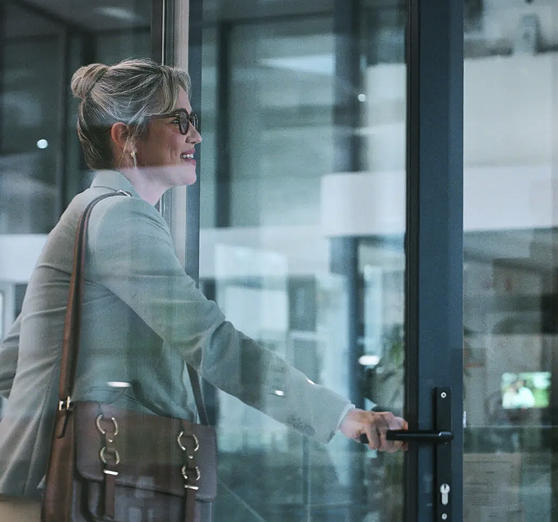Klasko Immigration Law Partners congratulates Ron Klasko on his important immigration litigation victory in the case Battineni v. Mayorkas. This pathbreaking decision out of Washington, D.C. is the first federal court decision rejecting USCIS’ long-standing interpretation of the “path of funds” requirement for EB-5 investors. Current USCIS policy for immigrant investors seeking green cards in the EB-5 program requires investors to “trace where every penny came from” for the investment. In this decision, the court rejected USCIS’s policy and held the only relevant issue is the immediate source of the funds used for the immigrant’s investment. The court stated there is no regulatory requirement to trace the source of funds “back to persons or entities who provided the funds.”
The decision will likely be widely cited by other federal court judges and by attorneys responding to RFEs, and NOIDs on behalf of their investor clients.
The Battineni decision is just the latest in a string of important litigation victories in the EB-5 arena by the Klasko team.
Perhaps most importantly, Ron Klasko was co-counsel on the Behring litigation that resulted in the reopening of the regional center program after USCIS unilaterally terminated all regional centers following the enactment of the EB-5 Reform and Integrity Act.
Ron was also counsel on the Mirror Lake Village case in which the DC Circuit Court of Appeals agreed that USCIS was misinterpreting the “at risk” requirement. The Court agreed that USCIS improperly classified an EB-5 investment as a “debt arrangement” rather than an at-risk investment.
In the case of Liu v. Wolf, the Klasko immigration litigation team overcame the government’s motion to dismiss relating to long pending EB-5 petitions of six EB-5 investors, who had filed mandamus actions in D.C. federal court.
The Klasko litigation team’s impact on immigration litigation is not limited to EB-5.
In the Guilford College case, in which Ron was co-counsel, the federal court issued a nationwide preliminary injunction enjoining a Trump-era policy that would have rendered thousands of F-1 students and J-1 exchange visitors removable from the United States.
In the Shalom Pentecostal Church case, Bill Stock was successful in overturning a USCIS regulation that improperly restricted the ability of religious workers to obtain special immigration status.
The 3Q Digital case was one of several challenges in which the Klasko immigration litigation team overturned USCIS denials of H-1B petitions, successfully arguing that USCIS was misinterpreting the definition of “specialty occupation.”
Although not a federal court case, Ron Klasko’s litigation before the Board of Immigration Appeals resulted in the precedent decision Matters of Walsh and Pollard, which remains the leading precedent decision on many aspects of treaty investor (E-2) visa qualification, including the definition of “substantial investment.”
If you have an immigration case that may benefit from litigation, please reach out to the Klasko Immigration litigation team to discuss your unique situation. The team has broad experience representing organizations and individuals in successful litigation against various immigration agencies.
The material contained in this alert does not constitute direct legal advice and is for informational purposes only. An attorney-client relationship is not presumed or intended by receipt or review of this presentation. The information provided should never replace informed counsel when specific immigration-related guidance is needed.
© 2024 Klasko Immigration Law Partners, LLP. All rights reserved. Information may not be reproduced, displayed, modified, or distributed without the express prior written permission of Klasko Immigration Law Partners, LLP. For permission, contact info@klaskolaw.com.

